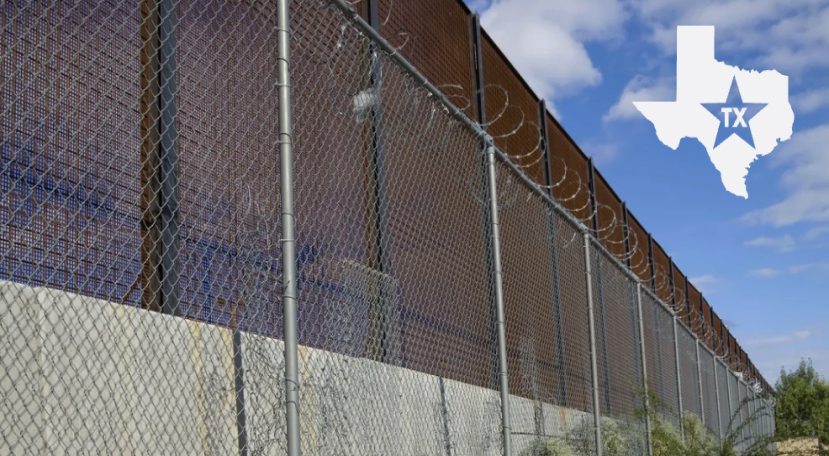Advancing Legal Reform: The Call for Zero Tolerance in Clergy Abuse Cases
In recent times, survivors of clergy sexual abuse have intensified their call for substantial legal reforms within the Catholic Church’s internal laws. This surge of advocacy comes particularly in response to controversial appointments in the Vatican and is emblematic of a broader quest for justice and accountability. Here’s an exploration of the legal implications of the proposed ‘Zero Tolerance’ law by the advocacy group End Clergy Abuse, offering a neutral analysis for a general readership.
Key Points:
- Survivors of clergy sexual abuse have proposed a new church law demanding the dismissal of abusive clergy and their enablers.
- The new law aims to introduce stringent measures that hold clergy accountable for sexual abuse, with a focus on permanent removal from service.
- The Vatican’s historical handling of abuse cases under different popes shows varying degrees of transparency and action, influencing current reform efforts.
- Recent appointments to the Vatican’s office responsible for investigating sex crimes have stirred controversy and prompted survivor advocacy groups to act.
- The proposed law faces obstacles within the church’s hierarchy and cultural barriers, especially in regions like Africa where the clergy hold significant societal influence.
The Catholic Church stands at a legal and ethical crossroad as survivors of clergy sexual abuse advocate for transformative change through a proposed ‘Zero Tolerance’ law. This draft legislation, born out of deep-seated outrage and a tireless pursuit of justice, encapsulates the urgency to address an enduring scandal that has marred the church’s moral fabric. It brings to light a critical discussion on the intersection of ecclesiastical law, civil jurisdiction, and moral accountability.
The legal framework within the Catholic Church has long been scrutinized for its handling of sexual abuse cases. Historically, cases have been adjudicated internally, often shrouded in confidentiality, with the Congregation for the Doctrine of the Faith at the helm since 2001. However, the proposed legislation envisions a more punitive approach, aligning with secular legal standards that mandate reporting to civil authorities and underscore the importance of transparency and accountability.
Central to this discourse is the proposed law’s demand for the unequivocal dismissal of any clergy found guilty of sexual offenses against minors or vulnerable adults. Moreover, it seeks to dismantle the protective veil surrounding superiors who fail to act against such crimes. The proposed legal measure brings forth complex questions about ecclesiastical sovereignty, the church’s capacity for self-regulation, and the mechanisms through which such a law could be enforced within the global institution.
The unfolding debate also grapples with the variance in papal legacies, from Pope Benedict XVI’s tenure marked by a notable number of defrockings to Pope Francis’ own learning curve and pledges for ‘zero tolerance.’ The Vatican’s inconsistent approach in recent years illuminates the broader challenges of legal reform in a hierarchal and dispersed global entity.
Controversies such as the appointment of Cardinal Victor Fernandez, with a contentious record in handling abuse cases, ignite concerns over the church’s direction and commitment to reform. The legal implications of such appointments are significant, as they influence the procedural dynamics and philosophical stance of the Vatican’s judicial process regarding abuse cases.
Beyond the walls of the Vatican, the church’s universal reach means that the cultural context, like that in Africa, plays a pivotal role in the legalities of abuse reporting and adjudication. Here, societal stigma and reverence for the clergy erect additional barriers to legal redress and enforcement, amplifying the call for an internationally applicable, uncompromising church law.
The survivors’ ongoing efforts to present this law to Pope Francis, including through intermediaries such as Cardinal Jean-Claude Hollerich, reflect a strategic push to infuse the highest echelons of the church with a sense of urgency and moral imperative.



